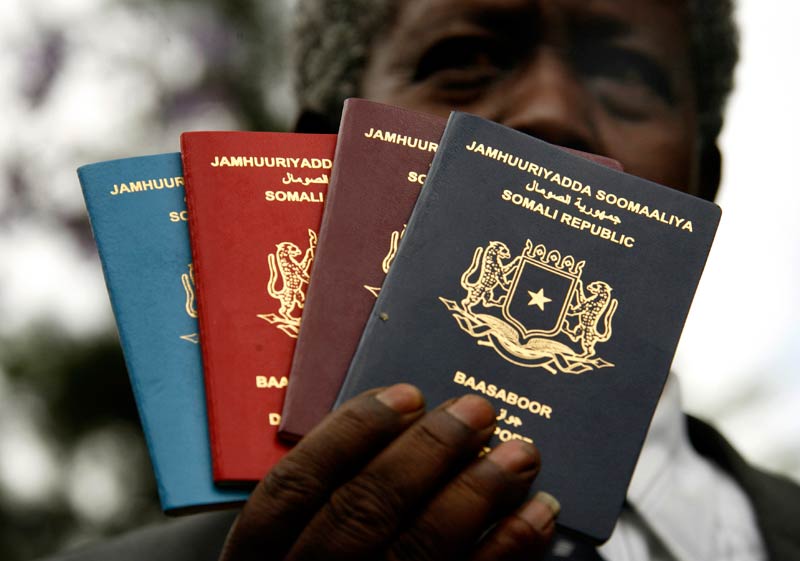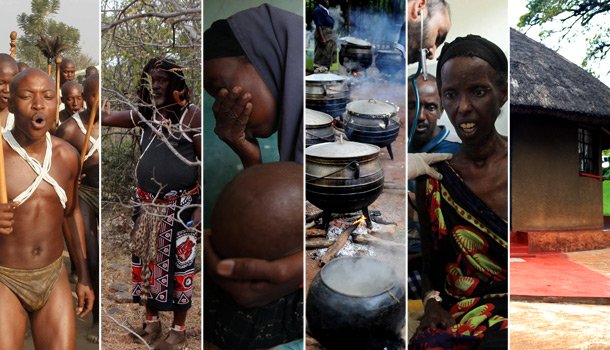
I’ve lived in the United States for over two decades. If I were in my fifties, perhaps that would not mean much. Since I am currently basking in the naïve sunshine of my mid-twenties that means a lot.
I left my country when I was three. After immigrating to the west and having my accent beaten out of me, I opted for a neutral tone, and very big vocabulary. I excelled in school, went to college, then graduate school.
As I venture into the years that will define my life, those marked by career, marriage, and family, I come across identity issues every day.
When my sister calls my hair “nappy” instead of “kinky”, I think of the ever-boiling natural hair debates. (What is good hair anyway?)
When I struggle with some skinny jeans with no interest in going past my exceptionally wide hips, I am sadly reminded that consumer fashion is not made for me.
When I scan the pots and pots of foundation in the drugstore, because let’s be real I can’t afford the good stuff yet, all I see is a sea of peachy, creamy, pale-ish muck.
When I fill out a job application form I bounce back and forth between African-American, and other.
I am not of this country.
Yes, I was raised here, my skin has adjusted to the climate here, I bought my first pair of glasses here, made friends, fell in and out of love here, but I am not of this country.
Everyday I am reminded that as an immigrant I am merely tolerated but not accepted. My presence is monitored, examined, and suspect because I left another country, a place where I was born and deigned to cross onto American shores.
I am told I am not entitled to anything, not just because my skin is dark, but also because my name-sound is unfamiliar.
So, if I am not of this place, and it is not mine by birth, why does my homeland treat me like a second-class citizen? I have been gone so long that my conversation is seasoned by my American accent. My skin can’t figure out why there is so much heat around me, and my complexion looks like I’ve been on vacation my whole life and everybody can tell.
Being a member of the “lost” diaspora, marked by the features of my homeland, driven by the guideposts of culture I have clung to, makes self-identification hard. While I believe to my core that I am African, Africa does not embrace me.
So, if I am not American, and not African, then how can I be African-American?
With so many children being sent, and taken abroad for education, a better life, are they still African?
Is it enough to say that we are African, even though when we go back home we are told that we are western?
What characteristics count as African?
Are there characteristics, no matter how invested you are in your culture, that will revoke your African-ness?
Does being African-American, Afro-British or Afro-Italian mean that we are just not African?
Chinwe Ohanele is a lawyer in training by day, and a writer by night. Born in Nigeria, raised in California, and now living in New York, Chinwe hopes to merge her love of words, an insatiable curiosity, and dedication to the mother continent in a way that challenges the way we experience the world. She writes for Rise Africa, a blog written by a group of individuals who seek to create an atmosphere that encourages conversation between Africans on the continent and in the diaspora. Connect with them on Twitter: @riseafrica






